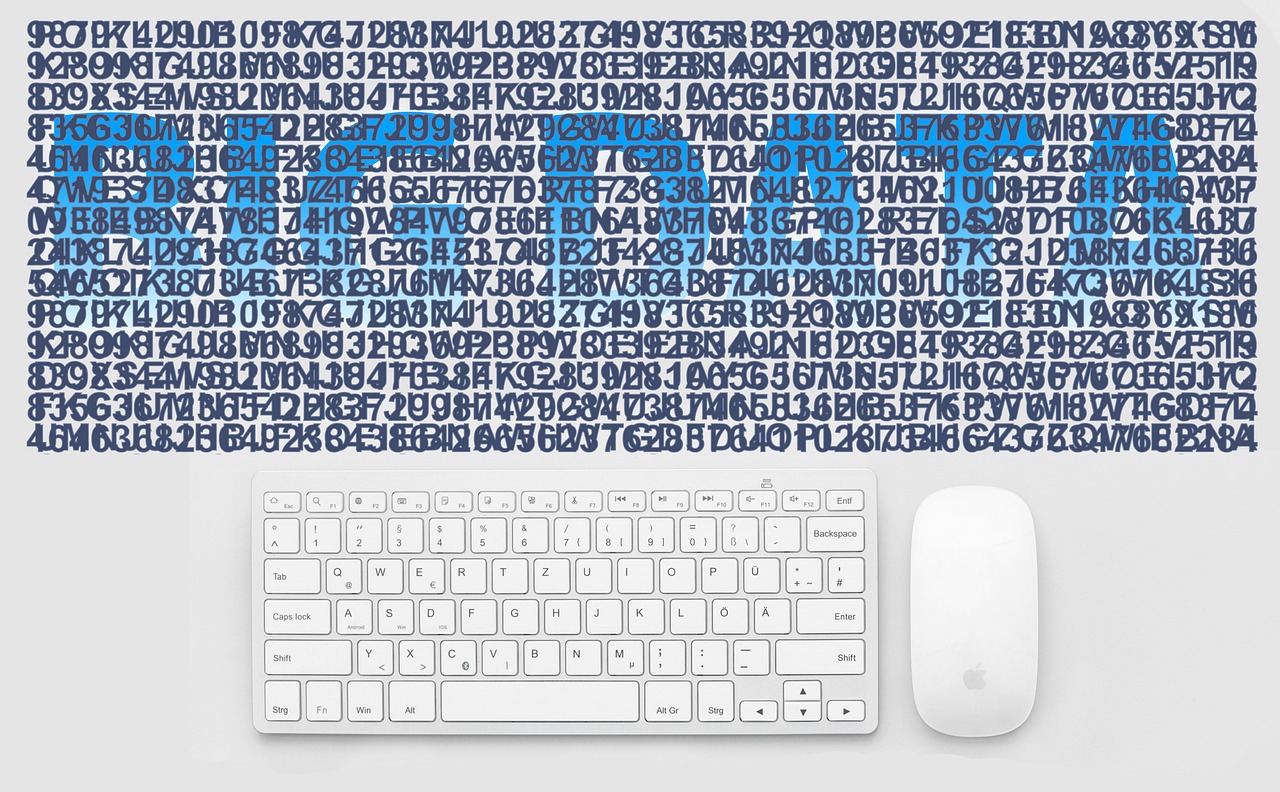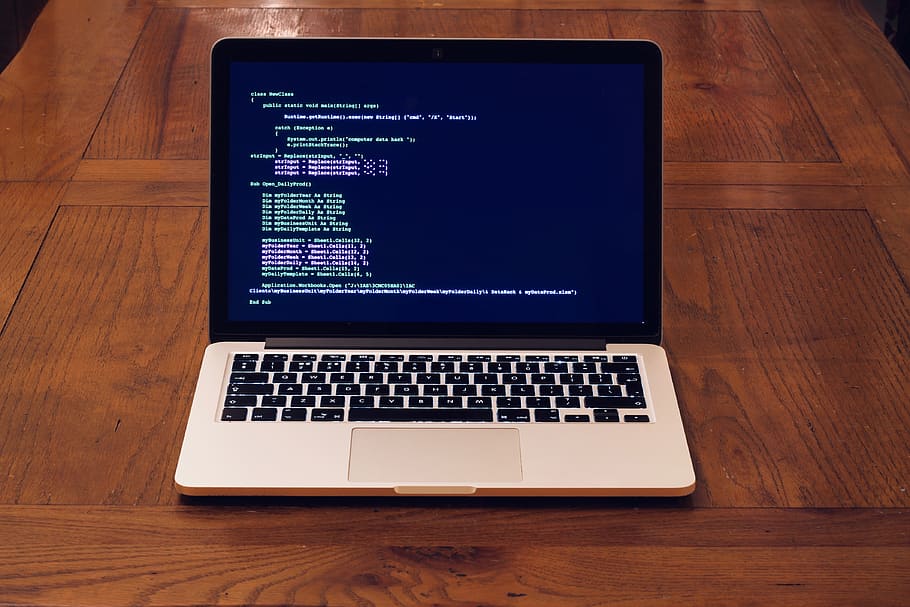Working as a big data engineer means you are stepping into the heart of the data world. It sounds exciting, right? So why don’t you start now?
I will show you how to become a big data engineer. This journey comes with rewards and challenges. If you are eager to dive into it, I’ve got a lot to cover!
Overview
Big data refers to complicated and massive data sets that traditional computer programs can’t handle, so big data engineers come into play.
Who Is A Big Data Engineer?
A big data engineer develops, maintains, and analyzes a company’s big data. The data then can be beneficial to improve profitability and efficiency.
Some people confuse big data engineers with data scientists. The most significant difference between these two jobs is that big data engineers build and maintain systems to gather data. Meanwhile, data scientists study the cleaned data to find important information.
What Are Their Responsibilities
Checking the responsibilities of a big data engineer will help you understand more about this job. Their tasks can vary depending on the company they work for. For me, a full-time big data engineer, here is what I do every day:
- Design and implement software: I create software systems that can handle large amounts of data. This task involves planning how those systems work and ensuring they run smoothly.
- Build data processing systems: I also develop robust systems to process data from different sources.
- ETL (Extract – Transform – Load): The ETL process is crucial to guarantee that the data is valuable for analysis. And I’m the one that does this task.
- Improve the data quality: Good data can bring about better research results. Thus, I spend time checking the data sources and finding new tools to handle them.
- Create data architectures: I figure out how data should travel within the system. I also create data architectures that align with my company’s needs to perform this task.
Working Environments
Big data engineers often work in offices. They may also work from home or other places. But wherever they go, they need to use computers to do their tasks.
Even when they choose a freelancing job, they must stay available when needed. This job requires them to interact with people in the data teams and clients.

How To Become A Big Data Engineer
If you want to become a big data engineer, work on your education, experience, and skills. Each factor plays a vital role in your job application. So, I will discuss them all in detail right now to help you on this journey.
1. Obtain a degree
You need a degree to start your career. It can be in computer science or software engineering. Whatever your choice, it will help you learn about data and software. You can also develop skills for your future job when studying.
Moreover, a degree will prove that you have learned about the field. Then, you will become a more outstanding candidate for the big data engineer position.
You can choose a degree apprenticeship, too. It combines studying at school and working for a company. This degree is cheaper than a regular bachelor’s degree while helping you earn experience. Plus, most people who choose this approach can get a job right after they finish the course.

2. Take a certified course
If you have a degree in a different field, no worries! You can still take courses in this major and earn certifications. This method is even faster and cheaper than a whole degree. It also helps you learn the skills you really need.
With such courses, you can practice using tools for big data like SQL and Python. And if you like to focus on a particular aspect of big data, look up the matching course on the internet. There are many options for you to consider.
For big data engineers, the following certifications are the most popular choices:
- CCP: This certification teaches you data skills like workflow development and analysis. You don’t need any prerequisite to study it. But at the end of the course, you have to complete a four-hour test.
- CBDP: If you want to focus on data business and data science, choose CBDP. The cost for it varies based on your test level. Besides, you must submit a BA degree and have at least one year of experience in the field.
- Google Cloud: Like the CCP, this certification doesn’t ask for any prerequisites. But you must take a two-hour test. So don’t mind taking this course! Ultimately, you can create data structures and design data systems easily.

3. Earn real-world experience
You can’t just jump into work. It will be tough for you because employers always prefer experienced candidates. The question is: How do you have experience when you are still new?
Fortunately, there are many ways to earn real-world experience for beginners. First, you can try internships in your last year of college. Your school may ask you to do it to complete your education. But even if they don’t, just get one.
When working as an intern, you can learn from other experts in the data field. Not a single data book in the world is better than these real-world lessons.
You can also try entry-level data engineering jobs. The experience can come from previous jobs with data, such as a data analyst or any relevant job.
While working, you may join some projects and have your own products. So, include them in your portfolio. Then, send it to your future employers when you apply for a data engineer job.

4. Dig deeper into your databases
Databases are the core of data engineering. They are the blocks that you use to build large data infrastructures. Your job often includes the following concepts and systems:
- SQL (Structured Query Language): This language helps you manage and interact with databases.
- NoSQL (Not Only SQL): This concept refers to how you store and retrieve data in a way that is different from traditional methods (like SQL databases.)
- MySQL: This open-source database is helpful for web apps. You can also use it to store and manage data in a structured way.
- PostgreSQL: Like MySQL, PostgreSQL is an open-source database management system. Yet, it has advanced features and can handle more complex tasks.

5. Develop your toolset
You can use many tools to work with big data. Since this industry is developing constantly, new technologies keep coming up. If you miss them, you can’t perform well at work.
There are many tools to select, such as:
- Apache Cloudstack: This open-source tool helps you create and manage cloud-computing environments. If you want to run data processing tasks on a scalable infrastructure, Apache Cloudstack will be an excellent choice.
- SQL Server Management Studio (from Microsoft): You can use this tool when dealing with SQL databases. It provides an integrated environment for handling those databases efficiently.
- Amazon Web Service (AWS): This huge cloud platform offers services. It can assist big data engineers in storing and analyzing large datasets.
You may see some of them when using your favorite tools. You don’t have to be proficient in all tools, but it’s good to know a bit about them.

6. Find job opportunities
You need time to become an excellent big data engineer. If you can’t work in this role right away, don’t be discouraged! Instead, think of big data engineering as a long-term goal, especially if you are new to it.
For example, you can work as a developer or data analyst first. These jobs can help you earn the experience and skills needed for a big data engineer.
Before taking this role, I was a data analyst. Many of my colleagues have the same path. After years of working in this industry, I realized that the best big data engineers often have knowledge from different experiences and jobs.

Essential Skills
How do you know if you are ready to become a big data engineer? There are three criteria to check out:
It would be best to have a bachelor’s degree in IT, computer science, or a similar major. This degree is enough for an entry-level position. And after two to five years of working, you can consider getting a master’s degree.
Technical and soft skills are essential for big data engineers. Let’s talk about the technical side first.
- Database systems: SQL and NoSQL databases are an essential part of your job. So, learn how to work with them and use them to streamline your workflow.
- Data warehousing: Data warehouses store lots of data for analysis. Since your company may get info from different places to put in their warehouses, you should know about data warehousing. Services like AWS will be helpful in this case.
- Machine learning: Big data can work well with artificial intelligence and machine learning. So learn about them, too.
- ETL tools: Practice using ETL tools as well because they are one of your daily tasks.
- Programming: Depending on your company, you may need different programming languages like Java or Python.
- Communication: You will work with different teams like design and engineering. So, you should be good at talking to your teams and others.
- Analytical thinking: As a big data engineer, you will face data problems and many other issues. Thus, this job requires you to analyze things. After that, you can give the best solutions.
- Presentation: You have to talk with clients, too. Sometimes, your boss asks you to explain technical things. So, presentation skills are essential.

Why Should You Become A Big Data Engineer?
There are many reasons why you should become a big data engineer. I will highlight some of them right here. Then, whenever you want to give up, recheck them. They will surely encourage you to move forward.
A chance to master programming skills
If you love programming, this career can be perfect for you. You’ll code in different languages to create and secure databases. It’s such an excellent chance to level up your coding skills and even learn new languages.
After finding your first job, you can choose what projects to work on and when to execute them. Plus, no one can always ask you to use specific tools, making your job interesting. You will also have chances to learn new software skills.
If you want to work from home, this job must be what you are looking for. Companies are often okay with that if you ensure your productivity.
How Much Do Big Data Engineers Earn?
In 2024, big data engineers can earn about $132,812 per year. However, the exact salary range also depends on your location and experience.
A big data engineer in California can make $169,499 annually. Meanwhile, the annual average salary for the same job in Alabama is around $105,306.
Resume Writing Tips
The resume showcases everything you have for the job. If it’s outstanding, employers will have a good impression on you. Here are some tips to prepare a good resume when applying for a big data engineer job:
- Keep your resume clear. You should use headings and bullet points to make it easy to read.
- Highlight essential skills that match the position.
- Detail your work experience. For example, include the job title, company, dates of work, and a short description of your duties and achievements.
- Tailor your resume for each job application.
Conclusion
You need a robust skill set and a passion for technology to become a successful big data engineer. It will be challenging. Yet, you can overcome all the obstacles with your commitment.
Your dream of being a big data engineer is closer than you think! So, start this journey today! Good luck with your choice!
